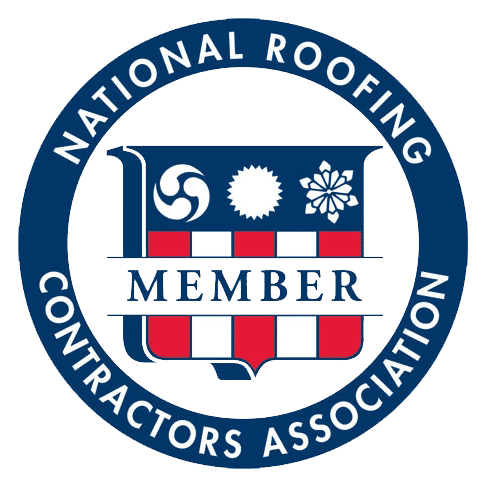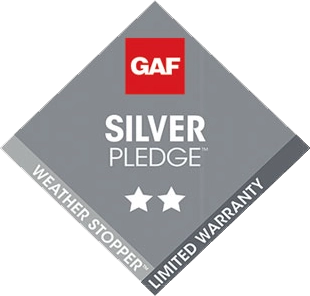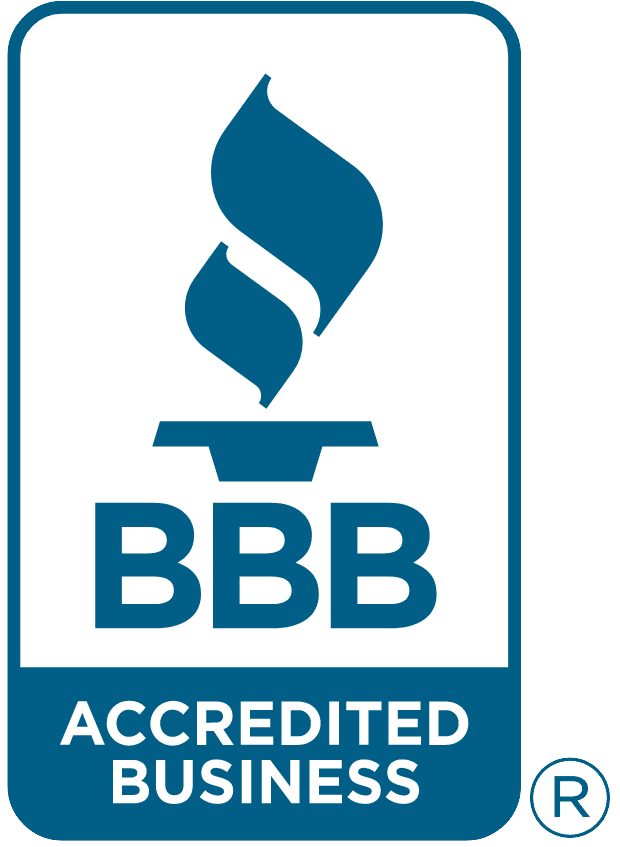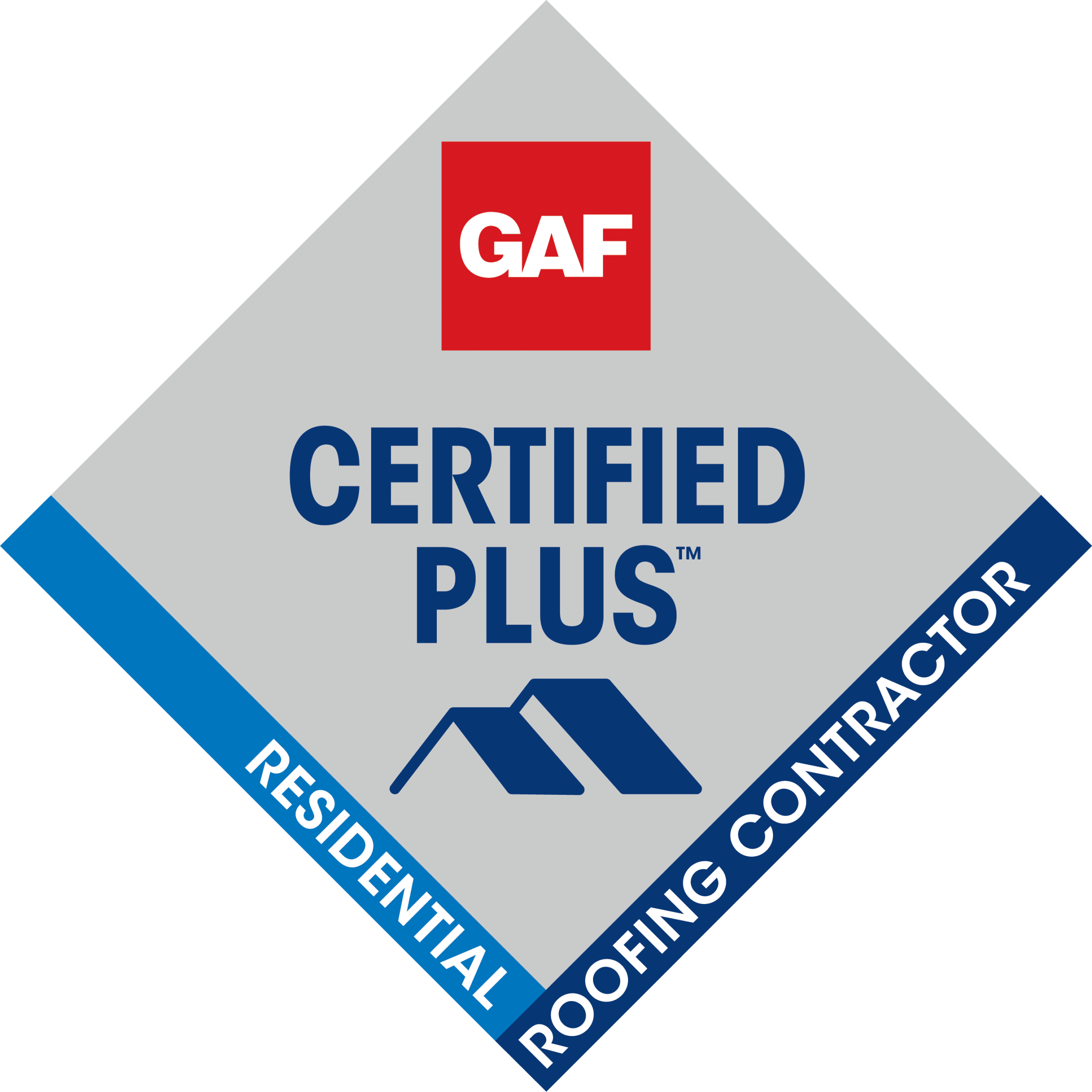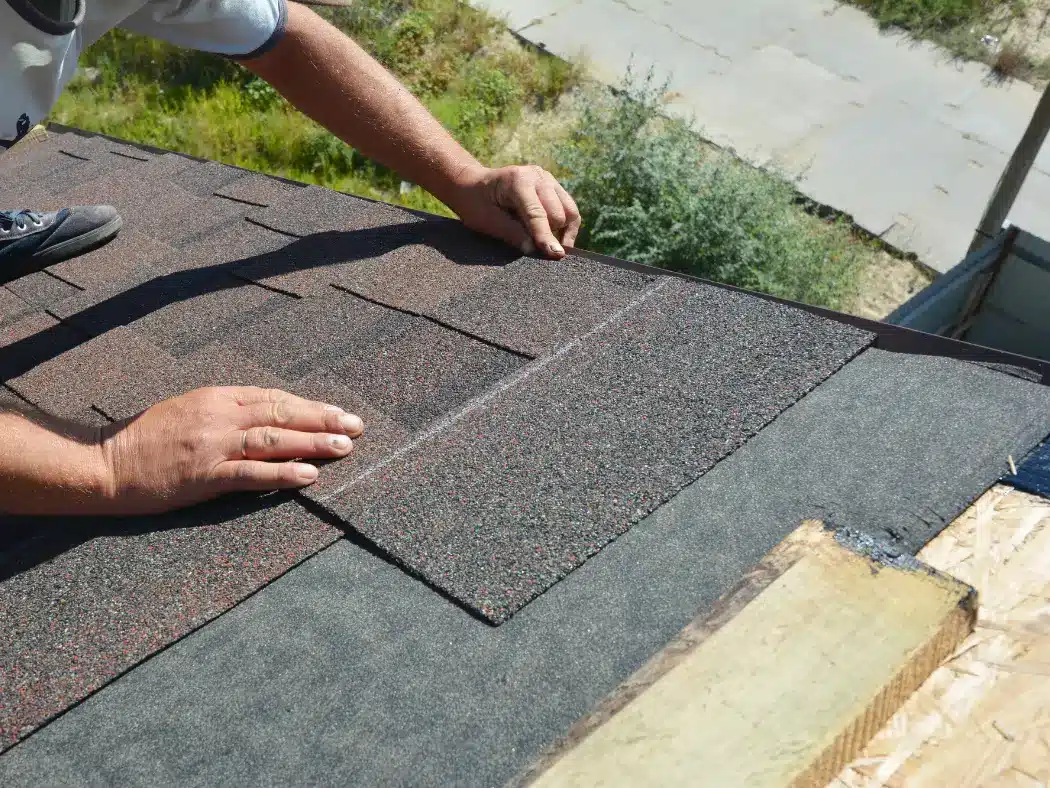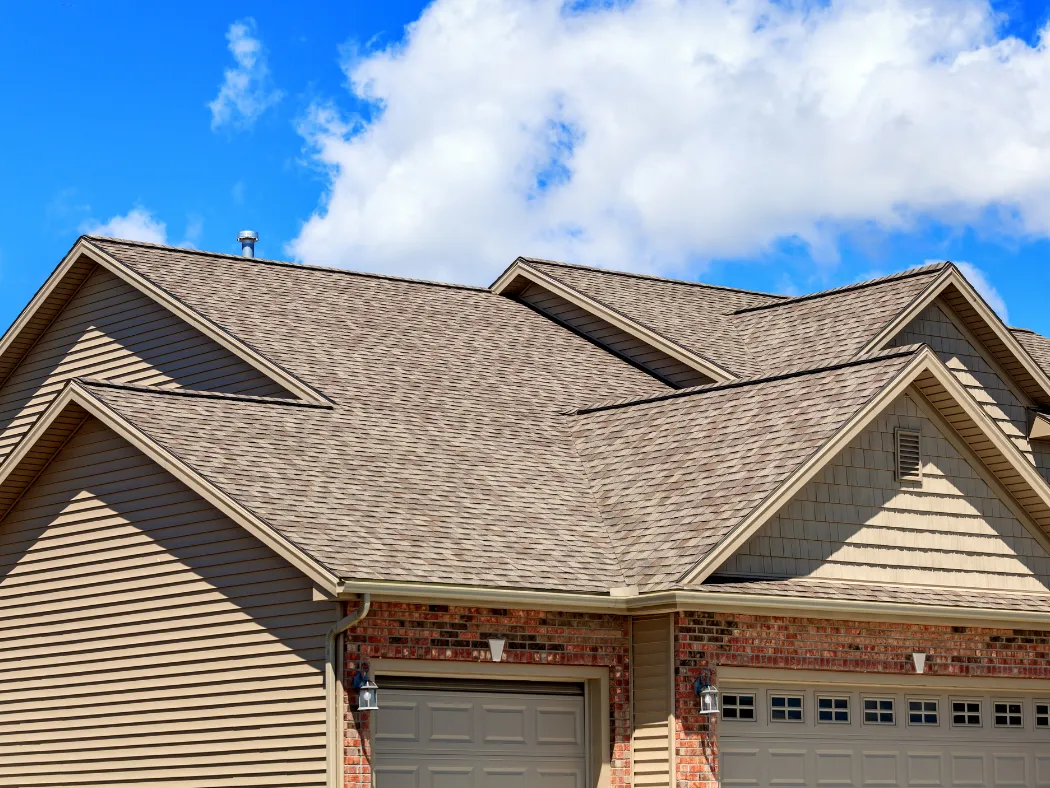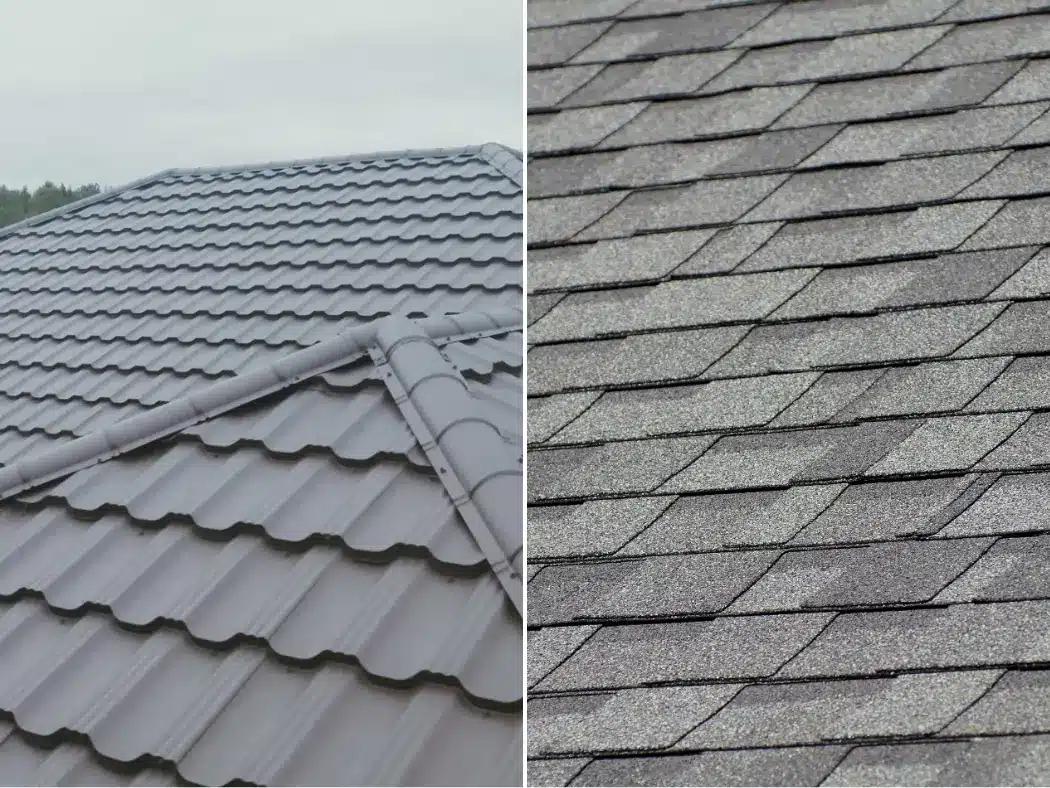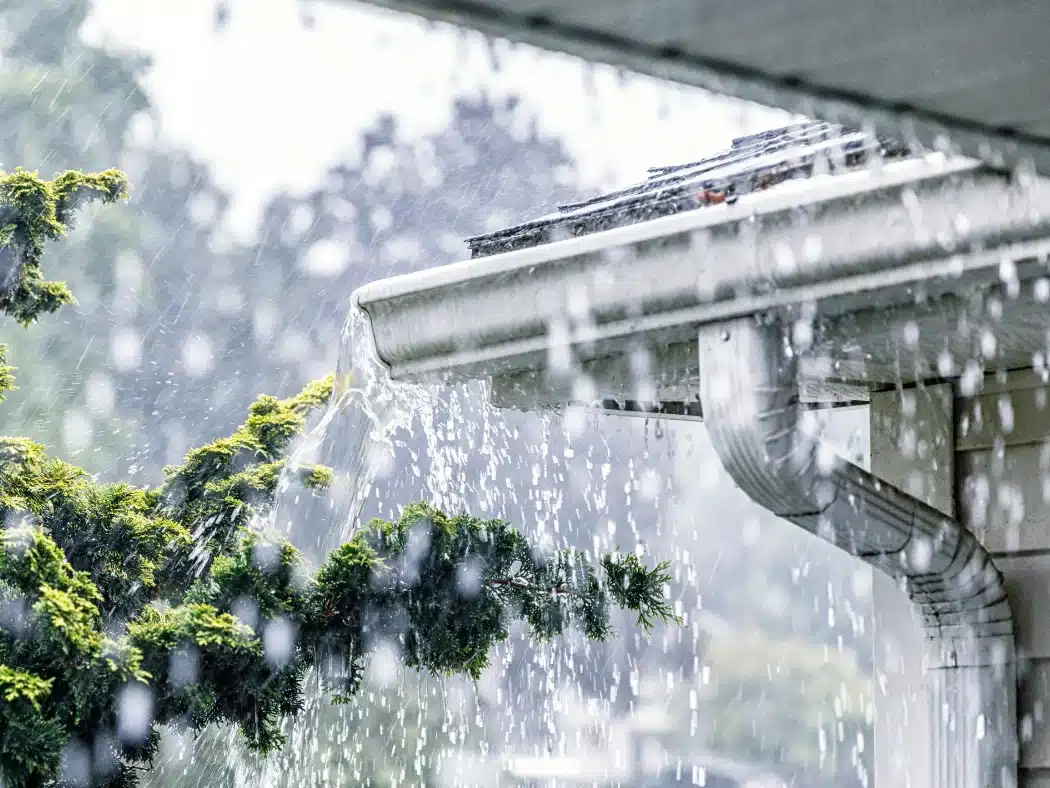Your roof has one important job: to protect you and your family from the outside elements. To ensure your roofing system can perform this function, you need to know that each piece of the system operates smoothly to channel water away from the base of your home, deflect falling objects, and seal out water. Performing regular roof inspections checks that your roof is optimized. Below is your guide to everything you need to know about what to expect from a roofing inspection.
How Often Should You Get a Roof Inspection?
Regular roof inspections are critical for homeowners annually or after a severe weather event. Most new roof install warranties require routine maintenance, but it is also a good idea to ensure your roof lasts as long as possible and save money in the long term. A healthy roof enhances your home’s curb appeal and resale value and also makes your home safer for you and your family. Because it’s dangerous for homeowners to climb onto their roof to inspect for damage, it’s important that you turn to trained professionals.
Initial Roof Inspection
A professional roofing contractor will begin your roof inspection by assessing the integrity of your roofing structure and monitoring for any signs of damage. This includes any missing shingles, dislodged material, curling, discoloration, fading, dents, cracks, or holes in your roof or signs of damage on your property. They will check your chimney flashing and vents for rust or signs of damage, make sure your gutters and downspouts are working, and look for algae and mildew growth.
You can expect your roof inspection to cover both the exterior and interior of your roof, including the attic space ceiling and walls, to check for sagging, leaking, proper ventilation, signs of water damage, and insulation.
Necessary Roof Repairs
After your roofing contractor has done the initial inspection of your roof, they will provide you with a detailed report on the condition of your roofing structure with more information on any issues found and their professional recommendations for repairs before they become larger, more expensive problems to fix. The issues most found in a roofing inspection are leaks, aging of materials, and signs of pests.
Routine Roof Maintenance
Scheduling a yearly roofing inspection is part of keeping a routine maintenance schedule for your roof. Talk to your roofing company about how you can best maintain your roof in between inspections to keep your system functioning optimally.
Preventative Work & Weatherproof Roofing
Prevention is key when it comes to maximizing the longevity of your roof. Your roofing contractor can help you prepare for harsh weather by trimming nearby trees to prevent debris from falling on your roof and clearing your gutters to allow water to flow properly.
Schedule Your Next Roof Inspection
Detecting issues with your roofing structure early is the best way to maintain your home’s safety and extend the lifetime of your roof. Roof inspections should be scheduled yearly or following severe weather. By understanding what to expect from a roof inspection, you can better prepare for the process and ensure your roof remains in good condition.
At WorleyByrd Roofing, we protect what matters most. Contact us to schedule a residential roofing inspection and learn more about our dedicated team. WorleyByrd is the word!

